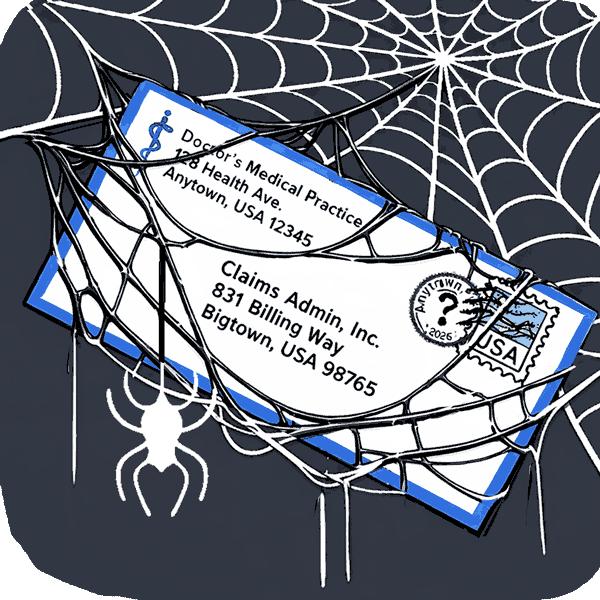e-Billing Data 2021: Average Days To Payment

What’s the best way to quickly receive payment for treating an injured worker? Send the bill electronically (aka: e-billing).
Throughout the United States, workers’ comp claims administrators (aka: payers) accept e-bills from providers who treat injured workers. In California specifically, when a provider sends an e-bill, California law mandates the claims administrator must remit payment within 15 working days of receipt of the e-bill. By comparison, claims administrators are allowed to pay non-electronic paper bills within 45 days of receipt (60 days in the case of a government employer).
Moreover, e-billing makes it extremely simple to track billing and payment data to help ensure timely payments. While e-billing cannot force claims administrators to pay timely, e-bills offer verifiable proof of payers’ timeliness or lack thereof.
Below, we use daisyBill data to demonstrate just how fast payment arrived in 2021 for providers who embrace e-billing.
e-Billing Data: 2021 Average Days To Pay
daisyBill sends over 99% of clients’ workers’ comp bills electronically. The remaining 1% of bills sent non-electronically (read: paper bills) represents clients’ bills in states where e-billing is not mandatory, and California claims administrators that fail to comply with the e-billing mandate.
In 2021, daisyBill submitted 2,056,079 workers’ comp e-bills for the following services provided to injured workers:
- Medical Treatment
- Medical-Legal services
- Interpreter Services
- Copy Services
- Pharmacy Services
- ASC Facilities
The table below displays the 20 largest insurers, employers, and third-party administrators (TPAs) as ranked by the volume of bills daisyBill clients sent to each. Note the average number of days it took each claims administrator to remit payment for the treatment of injured workers in 2021.
Claims Administrator |
Average Days To Pay |
daisyBill e-Bill Volume |
Sedgwick Claims Management Services |
11 |
19% |
State Compensation Insurance Fund (CA) |
13 |
8% |
Gallagher Bassett |
8 |
8% |
Liberty Mutual Insurance |
8 |
4% |
Zurich Insurance North America |
9 |
4% |
CorVel |
8 |
3% |
Travelers |
9 |
3% |
Broadspire |
9 |
3% |
Berkshire Hathaway Homestate Companies |
12 |
3% |
ESIS Inc. |
13 |
2% |
Intercare Holdings Insurance, Inc. |
9 |
2% |
Tristar Risk Management |
12 |
2% |
Insurance Company of the West |
8 |
2% |
Cannon Cochran Management Services Inc. |
18 |
2% |
Athens Administrators |
13 |
2% |
Department of Labor |
10 |
1% |
Keenan & Associates |
10 |
1% |
AmTrust North America |
19 |
1% |
The Zenith |
9 |
1% |
The Hartford |
10 |
1% |
Total daisyBill e-bill Volume - Top 20 Payers |
72% |
As the table shows, the fastest claims administrators (Gallagher Bassett, Liberty Mutual, CorVel, and Insurance Company of the West) paid, on average, in just over one week. Equally important, when payers systematically engage in sending untimely payments as a business practice, e-billing provides the evidence.
Workers’ comp is plagued with friction, due in no small part to “lost” paper bills and often painfully slow bill processing times. E-billing slices through those obstacles, leaving no room for excuses or foot-dragging on the payer end.
By transmitting (and collecting) billing and payment data electronically, providers can make workers’ comp a better investment with faster, more visible returns. In our next post, we’ll share the details of exactly how e-billing software manages and transmits the required billing data so quickly — and securely. Stay tuned.
Protect your practice revenue. Harness the power of daisyBill software, data, and expertise for faster, better workers’ comp billing.
CONTACT US
DaisyBill provides content as an insightful service to its readers and clients. It does not offer legal advice and cannot guarantee the accuracy or suitability of its content for a particular purpose.



